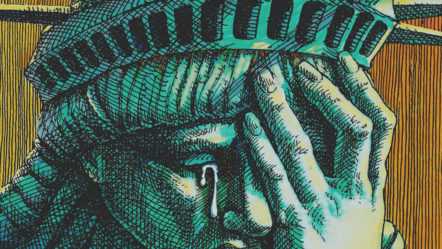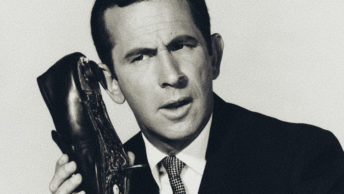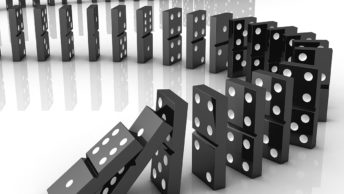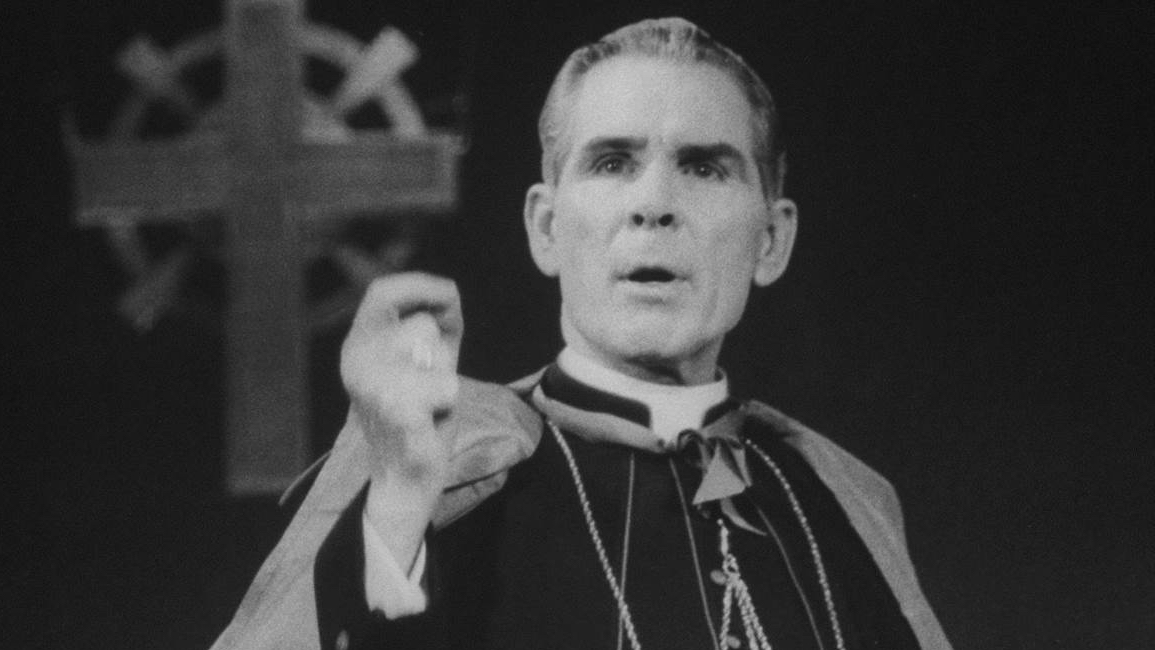Several decades ago the word “guilt” fell out of use, as did its companions “remorse” and “repentance.” All three words, and others like them, were no longer considered meaningful. The change was not sudden but gradual, the result of a different view of human nature and needs. Here is an overview of how the change occurred.
Half a century ago children were still taught to respect themselves, which meant both recognizing their own dignity and acting in ways that preserve it; the implication was that wrong behavior could undermine self-respect. In contrast, right behavior was believed to bring inner peace. Reflection on our behavior guided us to evaluate ourselves and advance in wisdom and virtue.
In time, the emphasis shifted from self-respect to self-esteem, a form of self-love, and the need for reflection and positive action was eliminated. We were taught to hold ourselves in the highest admiration regardless of our behavior. This regard for self was considered essential to achievement; criticizing ourselves or accepting criticism from others was thought to hinder achievement and harm us emotionally. The idea of personal accountability was replaced by the belief that our very existence entitled us to the best that society has to offer with little or no effort on our part. We began to believe that good grades in school should not have to be earned; and good salaries, benefits, and advancement in the workplace should not entail meeting performance requirements.
It was at this point that an even more unfortunate development occurred. Guilt, remorse, and repentance lost what was left of their meaning. This happened with the blessing and encouragement of many psychologists, who advised us that denying guilt for wrongdoing was necessary to maintain our self-esteem. What the psychologists somehow failed to anticipate was that without acknowledgement of guilt, remorse has no purpose; without remorse there can be no repentance; and without repentance, harmful behavior does not cease but grows worse.
The psychologists also failed to realize that the denial of guilt doesn’t eliminate consequences; it merely makes them more subtle and dangerous. Here is why: doing something wrong produces at very least a feeling of discomfort or unease that even when not recognized as guilt nevertheless demands attention. The most obvious manner of attention is scapegoating–that is, shifting blame to others. Scapegoating relieves our discomfort and gives us a feeling of righteousness–“I am pointing out other people’s faults. Therefore, I am virtuous!”
The problem does not end there but gets worse. The more we ignore or deny our faults the more they multiply. The more we focus on other people’s (real or imagined) faults, the larger they appear. And the larger they appear, the more judgmental and outraged we are likely to become toward others. The outrage takes a variety of forms, from shunning, defaming, publicly denouncing, or even physically attacking them. A current form of outrage is “canceling” others–that is, depriving them of outlets to express their views and defend themselves. This not only hurts them but deprives everyone of a meaningful exchange of ideas and possibly valuable insights. It is the main reason why there is so little meaningful discussion and dialogue today.
Some subjects, in particular politics and government, are impossible to speak about with people of different views than one’s own–including long-time friends, parents, siblings and, yes, even spouses! Our precious self-esteem forbids us to admit that different viewpoints can have even a smidgeon of truth. We must consider all of our perspectives, beliefs, and opinions as completely true and all opposing ones as totally false. Case closed, end of story. If those who disagree with us offer proof that we are mistaken on some point, even a minor one, we feel justified in shouting them down with objections laced with vulgarisms. Later, if conscience suggests we apologize, at least for our rudeness, we tell ourselves,“If I was rude, it was only because they made me so. I owe them no apology. In fact THEY OWE ME an apology. Should I then forgive them for that offense? No, not at all. They should have known they would offend me. They must therefore have done so on purpose, and that is unforgivable.”
So far, we have seen how irrational self-esteem and the denial of guilt, remorse, and repentance have blocked advancement in virtue and wisdom and undermined social harmony.
Finally, let’s examine yet another consequence: increased vulnerability to manipulation by those who hate our civilization and want to destroy it. Given the values that are prevalent in our culture, such manipulation couldn’t be easier. All the manipulators need do is applaud what many of us are already doing–valuing self-esteem over self-improvement and feeling over thinking; refusing honest assessment of our own behavior; rejecting apologizing and forgiving as unimportant; and refusing to give those who disagree with us a fair hearing.
To reverse the decline into chaos will be a monumental task. It requires returning to the Judeo-Christian principles and values that have been the foundation of this country and indeed of Western Civilization, practicing them, teaching them to our children, and demanding they be respected in our social agencies, including education, government, business, and journalism.
Copyright © 2023 by Vincent Ryan Ruggiero. All rights reserved








